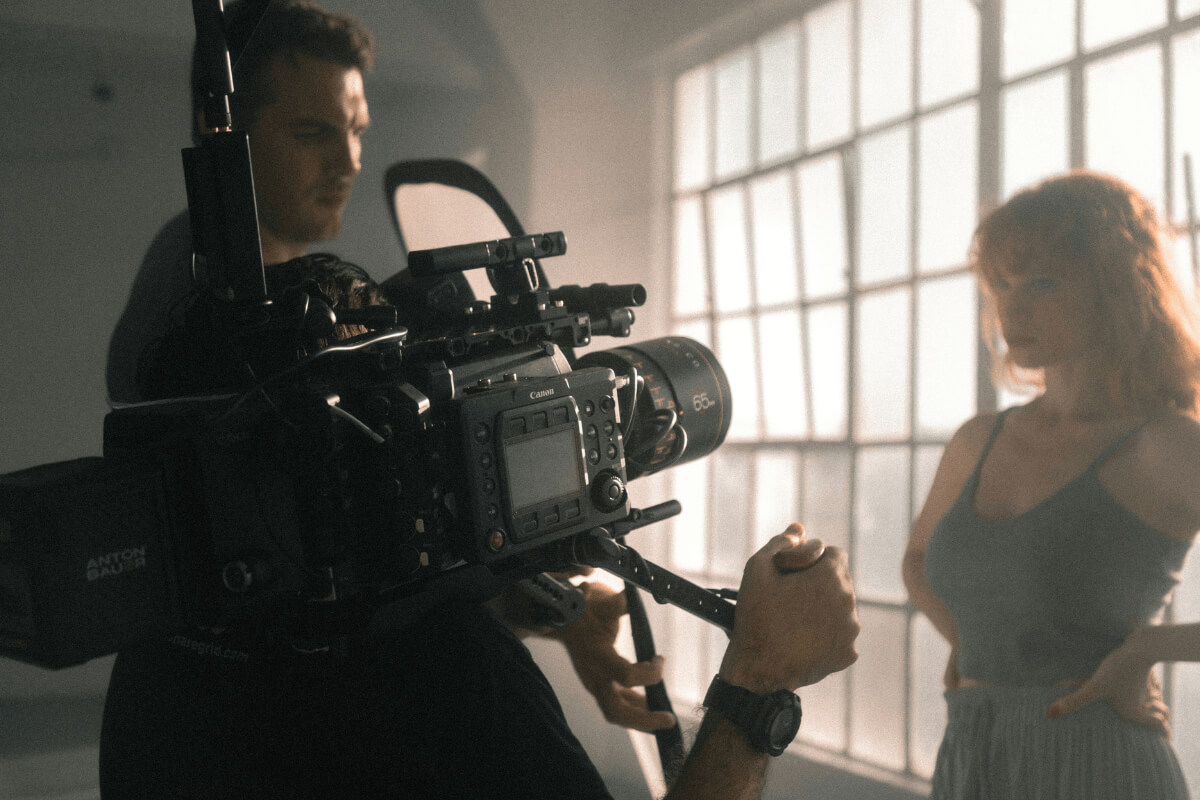In today’s digital age, personality rights - sometimes called “image rights” - are rapidly rising to the forefront of legal and commercial conversation. As more people build influential brands around their unique identities, understanding and protecting personality rights is now vital, not just for celebrities and sports stars but for the entire spectrum of talent: influencers, creators, actors, athletes, and beyond.
At TrueRights, we believe it’s time we talk seriously about personality rights: what they are, why they matter, and how they can be a lifeline for talent navigating today’s digital economy.
What Are Personality Rights?
Put simply, personality rights are the legal rights an individual has over the commercial use of their identity. This includes their name, image, voice, likeness, signature, and even gestures, style or expressions that make them uniquely recognisable. They ensure that others cannot exploit these characteristics for commercial benefit without consent. In essence, they give individuals the say over how, and whether, their personal brand is used by third parties.
These rights fall into two categories; right of publicity, the ability to control how your persona is used for commercial purposes, and right to privacy, the right not to have your identity exploited without consent.
These rights are distinct from copyright or trademark, though they may overlap. While copyright protects original literary and artistic works, and trademark covers distinctive signs and brands in commerce, personality rights specifically safeguard the commercial value of a person’s own identity.
In some countries, such as the US, personality rights are relatively well-established. But in places like the UK, they’re fragmented at best. That’s a problem, especially for talent.
Why It Matters for Talent
If you’re a public-facing individual, your identity is your IP. It’s the foundation of your brand, your livelihood, and your relationship with your audience. And yet, there are growing risks that you don’t have control over it. Personality rights allow for:
- Protection Against Misuse: They prevent unauthorized commercial exploitation of a person’s image or persona, safeguarding reputation and integrity.
- Monetisation and Endorsements: Talent can license their image and identity for advertising, sponsorships, or merchandising, creating new revenue streams beyond traditional work.
- Control Over Narrative: Individuals retain agency over how, where, and in what context their identity appears, which is crucial in an era where a single image or clip can circle the globe in hours.
- Combatting Deepfakes and AI: As AI-generated content proliferates, personality rights form a legal basis to challenge unauthorised digital reproductions or synthetic media that imitate real people.
Why the Law Is Lagging Behind
Despite the massive cultural and economic value of digital identity, many jurisdictions still treat personality rights as an afterthought. In the UK, there’s no standalone statutory personality right, only a patchwork of IP, data protection, and contract law. That’s not good enough in a world where AI can replicate your face in seconds and a brand can resurface old campaign footage without a second thought.
Talent are left to enforce boundaries retroactively, if at all. And that needs to change.
What TrueRights Is Doing About It
At TrueRights, we’re building a platform that helps creators and rights-holders license, monitor, and protect their identity in a world increasingly governed by algorithms.
But this isn’t just about technology. It’s about fairness. It’s about building the legal and economic infrastructure that gives talent the power to say: “This is mine. And if you want to use it, you need my permission, and you need to pay me fairly.”
We’re also working with policymakers to push for stronger personality rights in the UK. Rights that make it clear: your voice, your face, your likeness are not free stock assets for anyone to use. They are yours, and they should be protected by law.
Where Do We Go From Here?
As AI accelerates and media gets more synthetic, the need for personality rights becomes more urgent. Whether you’re a creative, athlete, actor, influencer, musician, the list goes on, you should have the tools and the legal protection to control how you show up in the world. This is about protecting talent. But it’s also about redefining ownership in the digital age.
If you’re a talent manager, creative, or industry leader who cares about this, let’s talk. Because your identity deserves better than a generic terms-and-conditions checkbox.
By Ben Woollams, CEO & Co-Founder, TrueRights


.jpg)


